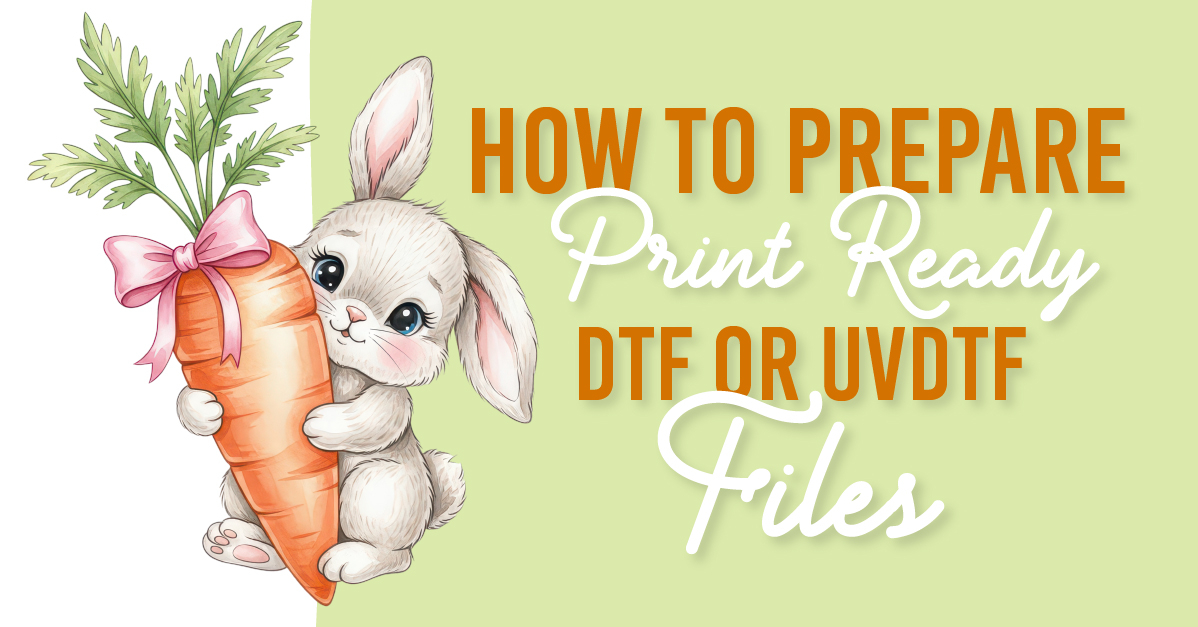- By Design Bundles
- 4 Mins
- Photoshop Tutorials
Camouflage Pattern in Photoshop
Learn how to create a camouflage pattern in Photoshop.
For this tutorial you may want to get an image as color reference.
1 - In Photoshop create a “New Document”, make it 2000 x 2000 Pixels @300 Pixels/Inch and with a “Transparent” Background.

2 - Open the image you want to use as color reference, click o top of the “Foreground” Thumbnail and sample the color you want to use for the “Background” (we used #1d2129). You can check the other colors and write down their Hex Number to use it later.

3 - Select the “Paint Bucket Tool” (G) and click on your canvas to fill it with the “Foreground” color.


4 - Create a “New Layer” by clicking on the small button at the bottom of the “Layers Panel”. Make sure that the ““Foreground” and “Background” colors are reset to default by clicking on the small icons on the Top-Left of the Thumbnail in the Toolbox (D) and go to Filter > Render > Clouds...



5 - Go to Image > Adjustments > Threshold… and use a “Threshold Level” of 128.


6 - Go to Select > Color Range… Select “Sampled Colors”, set the “Fuzziness” to 200 and use the first eyedropper to select a spot on the white areas as your sample.


7 - Go to Select > Modify > Smooth… use a “Sample Radius” of 15 pixels, then delete your selection by clicking “Delete” and “Deselect” (Command/Control + D).




8 - Create a “Duplicate” of your layer (Command/Control + J), go to Edit > Transform > Rotate 90° Counter Clockwise”.



9 - Hide your first “Duplicate” by clicking on the small eye icon on the left side of its thumbnail. Select your original layer again and create a second “Duplicate”. Edit > Transform > Rotate 180°. Hide the original layer to check out the placement of your duplicate.



10 - Turn back on all your layers, double-click on the first one from bottom to top (not counting the “Background” Layer) and apply the following “Layer Styles”:

Color Overlay: (#e4e6e5).

Repeat with the next Layer but this time use:
Color Overlay: (#597c9c).

And finally, with the Top Layer use:
Color Overlay: (#9ca7b0).


11 - You can rearrange the order of the Layers to achieve different results.

Well done on creating your first camouflage pattern in Photoshop!
6 Related Photoshop Tutorials
For this tutorial you may want to get a Color Palette as reference.1 - In Photoshop create a “New Document”, make it 15 Centimeters in “Width” and “Height” @300 Pixels/Inch and with a “Transparent” Background.2 - Go to Filter > Render > Clouds...3 - Then, go to Adjustments > Threshold… and ...
Today, we will go over how to make a plaid pattern in Photoshop. By the end of this tutorial, you’ll be able to make so many different plaid patterns to use on cards, wrapping paper, home decor, social media posts, sublimation designs, and so much more!For this tutorial, ...
For this tutorial, we will use an image with neutral colored clothing and a pattern or patterns to apply.1 - In Photoshop, open the image you wish to apply the pattern to. Duplicate your Layer (Command/Control + J).2 - Since the color of our subjects clothing is black and we ...
For this tutorial, we are using “Bukhari Script” from Fontbundles.net (https://fontbundles.net/mikrojihad/33277-bukhari-script), some cake textures (there are some web pages that have free images that you can useas textures) and a plate and table background images.We are going to divide this tutorial in two sections. ...
For this tutorial we are using a canvas or paper background and Titin Script from Font Bundles.1 – Create a new “Gradient Layer” under your “Texture” layer. Use a “Transparent to Fill Color” gradient with #d3d1d1 and #918f8f as colors, the Style as Radial and a 250% Scale. Hit ...
Shapes in Affinity Designer can be filled with patterns by using the Fill Tool option. This can be applied to a range of projects like sublimation, stickers, card designs and more. Any image can be used including seamless patterns. Creating a design with a pattern fill has never been more ...

 All your Font Needs
All your Font Needs




